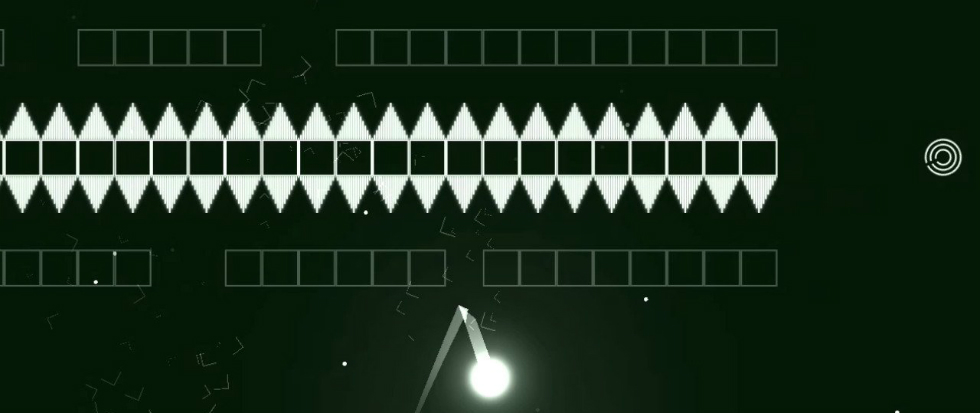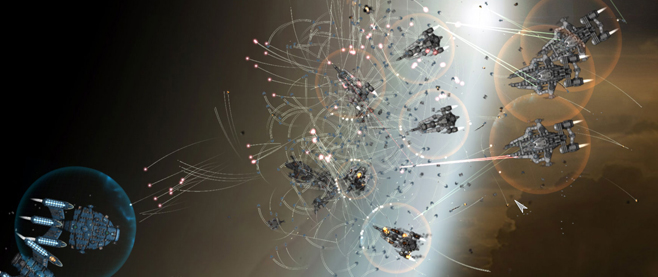
Memories of a Childhood Artifact From 6180 the moon
Story is given adequate treatment in 6180 the moon (recently released on Wii U), guiding its setting and representative gameplay, although ultimately taking a backseat to the cerebral game design. While minimal in direction and execution, some may find the missing person tale cute — the Moon seeks help from its planetary superiors to learn where the Sun has gone. What story the game does have, affected me in a surprising way.
Conversing with the four planets will show behaviors that conflict with the Moon’s caring personality. Upon witnessing Venus’ self-centered nature, for example, the Moon exclaims “We all belong to the same solar system” in an attempt to challenge the lack of concern. But Venus ultimately proves unhelpful to its quest.
Frankly, the same can be said about Mercury as well, who is so distrusting of the Moon’s intentions that it refuses to cooperate. So in a sense, it feels like you’re putting inner quarrels to rest. The sole exception is Earth because of its parental role, and as the first planet you interact with, it sets a tone for the remainder of the journey.
The Earth has a demanding side as a reflection of the people living on it, who clamor for the Sun’s return. Out of desperation, Earth allows the people to burn its trees so they can survive, sacrificing its visual wonder in the process. “What do they ever do in return?” the Moon asks, and Earth is unable to answer affirmatively. In this moment, I saw parallels to a children’s book from my younger years: The Giving Tree by Shel Silverstein.
The story, which shares a similar minimalism as 6180 the moon‘s presentation, explores the relationship between a boy and a tree that is established on a mutual understanding, but one that becomes thankless over time.

Upon reaching adulthood, the boy no longer sees value in the bond; and the tree, losing that external source of joy, ponders whether or not this withdrawal is a test of trust. When the two reunite in the future, the tree attempts to salvage the relationship by giving of itself for one-sided profit. Eventually stripped of what made it appealing in the first place, the tree has nothing further to offer the now-old man when he returns again for a final visit.
6180 the moon‘s conclusion holds a simplified lesson best expressed in the Moon’s admission: “I will rise again.” But the main idea of a reciprocal relationship is reminiscent to that of The Giving Tree. I gained more re-reading it now than when I read it years ago — lessons on sentimentalism, from a book more probing than is initially masked by its concise storytelling. And I have 6180 the moon to thank for this reminder.





